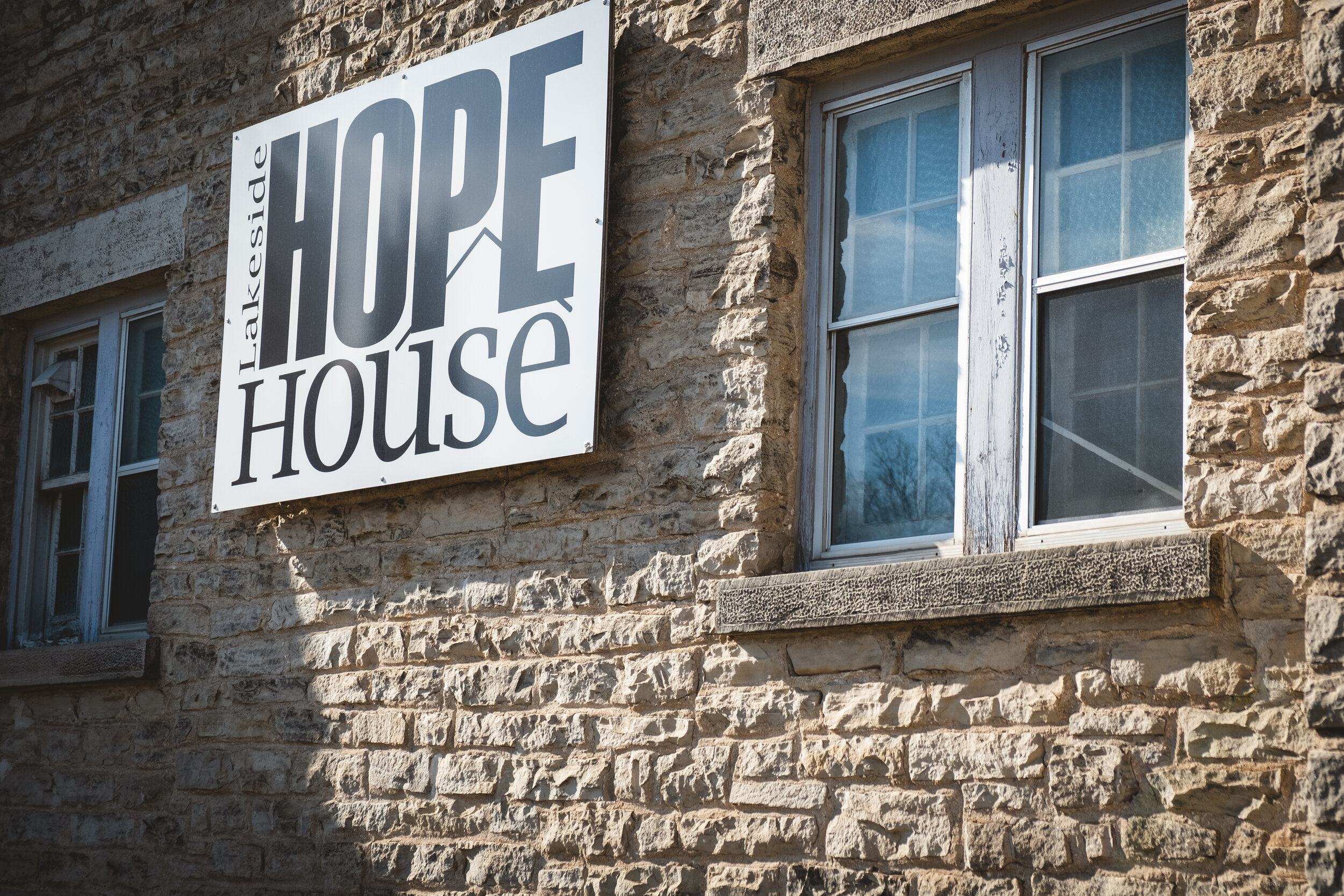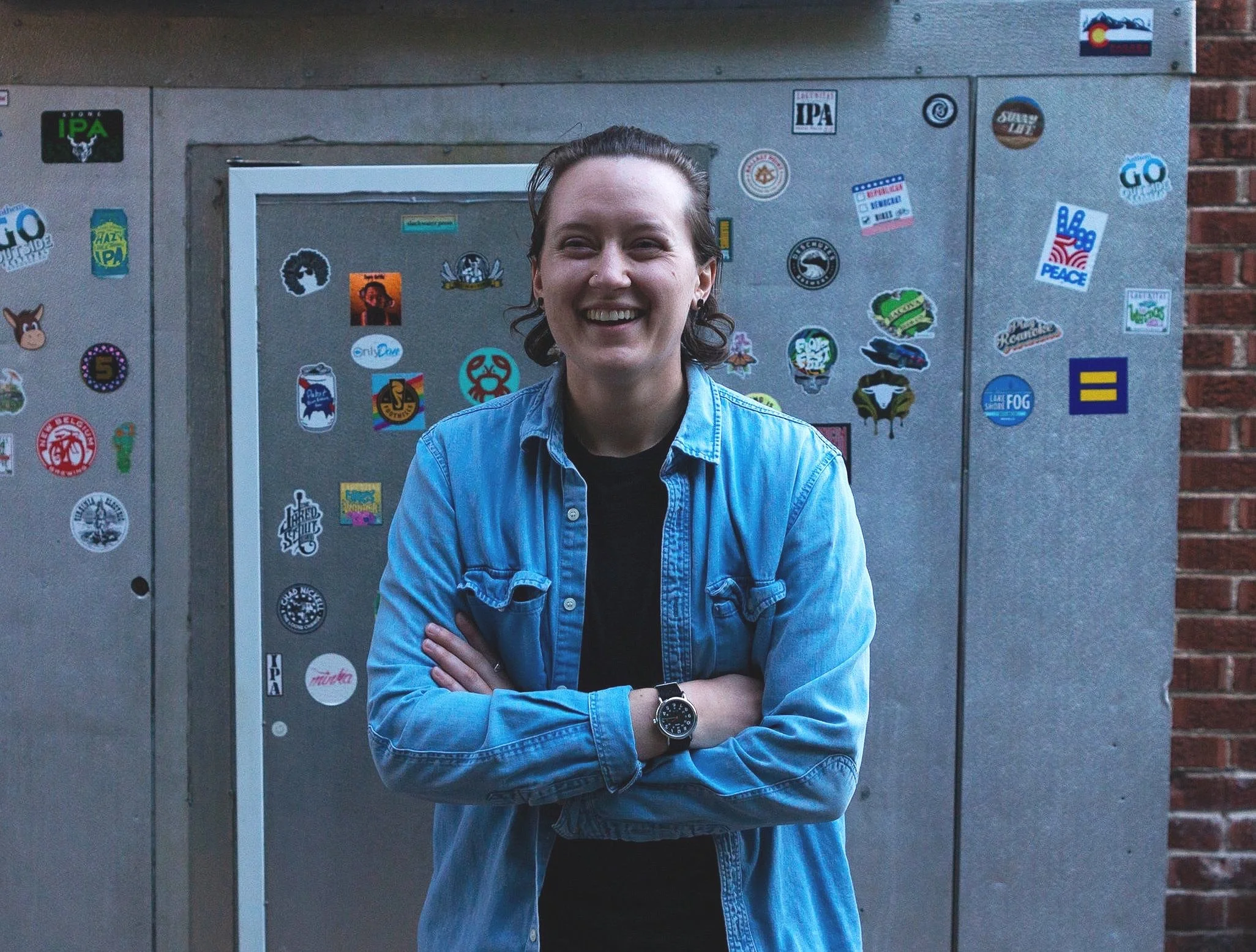Words and photos by Meris Kieller
“I hear about it through word of mouth, other than that, we don’t hear anything. Because we’re homeless, people have no TV or nothing anyway.”
On March 11, 2020 the World Health Organization officially declared the COVID-19 outbreak a pandemic. The WHO Director-General explained that “Pandemic is not a word to use lightly or carelessly … if misused, [it] can cause unreasonable fear or unjustified acceptance that the fight is over, leading to unnecessary suffering and death”.
In a time when governing bodies around the world are scrambling to take decisive action in the face of coronavirus, it is natural for individuals to focus on themselves. However, the impacts of the outbreak are proving especially hard for the already more vulnerable, and often overlooked populations.
“It’s hard for everybody right now. My friends came to me last night, they were starving to death. I had a loaf of bread for all of us, I had to share with them”, said Arthur, a member of the Guelph community who identifies as homeless.
Arthur sits on a bench outside of a Tim Hortons, open for take-out only.
Photo by Meris Kieller
Many in Guelph, Canada, began stockpiling supplies at the news of the outbreak to ensure they could care for themselves and their families. Others, however, lack the resources to do so or weren’t aware of how rapidly the situation was changing.
“I didn’t hear too much about the virus, to tell you the truth. There’s nobody around and when I talk to people, nobody mentions it. It’s not a big conversation point, not yet”, said Arthur.
During the day, Arthur’s minimal belongings sit neatly folded in a dim alleyway. He finds places to wash up and eat and eventually returns at night to sleep. He can often be seen doodling on torn pieces of cardboard or sweeping the alleyway, clearing away the dirt left by people’s busy feet as they pass by. For members of this community who were already struggling to meet their basic needs before the pandemic, the fight is only escalating.
Arthur next to his belongings in the alleyway where he sleeps.
Photo by Meris Kieller
“Just in the morning, getting something to eat is hard. This morning I felt very weak, sick, and dehydrated because you can’t go anywhere ‘cause everything is closed. It’s way harder now, twice as hard.”
A sign hanging on a storefront in Guelph indicating reduced hours of operation. Many businesses in downtown Guelph have closed entirely to stop the spread of the virus.
Photo by Meris Kieller
When asked how it feels to be told to “stay home” when you have no home to go to, Arthur says he feels lost.
“I feel like it doesn’t matter if I catch it or not. That’s the way you feel sometimes, you know? Like this morning I woke up and I said, ‘well, what am I getting up for?’ there’s nothing to get up for.”
Arthur's drawing of a home with a bicycle in the yard. He lays these cardboard sheets beneath his sleeping bag and they are decorated with many colourful illustrations.
Photo by Meris Kieller
The Executive Director of Lakeside Hope House, an organization in Guelph that supports individuals like Arthur, says her main concern regarding COVID-19 is the increased demand for services at a time when people’s capacity to support these services will be declining.
The entrance to Lakeside Hope House in Guelph, Ontario. Hope House provides relief and support to community members who are living in poverty.
Photo by Meris Kieller
As Director, Jaya oversees relief programs including a café, a food market, community breakfasts, and a clothing market, among others. Hope House uses these services to provide support for those facing homelessness and food insecurity. Jaya and the Hope House team are now considering how to maintain safety in light of COVID-19, while still meeting community needs.
The executive director of Hope House, Jaya James.
Photo by Meris Kieller
“We’ve closed down our café and non-essential services. At Hope House, we’re focusing our attention on our food market. We are working on increasing the availability of food items in the market, and we are monitoring the situation to see if we need to add more hours.”
Hope House is adapting their services to serve community members in a safe way during COVID-19. Their choice-based food market is a service they have deemed essential to the community at this time.
Photo by Meris Kieller
Jaya says COVID-19 has provided the impetus for organizations in Guelph who serve the homeless to come together. Local agencies have been discussing who will offer what services and where.
“Guelph’s plan to help the food-insecure and homeless population was literally developed in 24 hours. It’s a testament to our community’s ability to make changes quickly.”
Hope House staff continue working hard to serve the Guelph community. The team exudes optimism and dedication.
Photo by Meris Kieller
Jaya highlights a silver lining in this time: “This is not a situation we want to be in, but all challenges in life give you opportunities to learn and grow. I think as agencies we are going to learn a lot, and we are going to be able to work more closely together. This situation is helping us build deeper relationships. I think we’re going to be a stronger community at the end of this.”
A vibrant painting that reads "Community" hangs in the lobby of Hope House.
Photo by Meris Kieller
While self-care is important during this period of stress and isolation, it is also vital that community members support one another. Jaya emphasizes that before individuals can help organizations, they must first care for each other.
“The best way you can support us is to take care of your family and neighbours. If you’re taking care of each other, that puts less demand on us and other organizations. Also, help if you are able to do so. All of these groups need volunteers to prepare and deliver meals. I recognize that for some that is not something they can do. But, just consider if you can help.”
Arthur also shared words of advice on how community members can support the homeless during this pandemic.
“Small things you could do for people now, leave a little bag with a sandwich in it. Just something, cause it’s even hard to get a drink of water. Whatever is given to me I appreciate it. Anything, especially food, socks, and underwear.”
Every morning, Arthur packs up his sleeping bag, broom, and other belongings. He leaves these neatly resting against the wall of the walkway.
Photo by Meris Kieller
Arthur mentioned that stealing has become significantly more commonplace since the outbreak of the virus. Despite having his belongings stolen on multiple occasions, he says he hopes whoever took them needs them more than he does.
“I feel when I do something good for somebody, I get it back. That’s why I’m so good to people. It’s in my blood, that’s the way my dad brought us up.”
Fortunately, individuals in Guelph are finding ways to share with those more vulnerable during this time.
“Last week, a lady from the post office dropped me a bag of stuff and the women from the hair salon, they all dropped me a bag of stuff each. I got probably 15 pairs of underwear now.”
Despite the extreme challenges he faces during this pandemic, Arthur exudes positivity and gratitude.
Photo by Meris Kieller
In this time of global uncertainty, it may be natural for individuals to focus on themselves. However, it is desperately important that we support other members in our communities, especially individuals like Arthur, when we can.
Click here to learn about Hope House’s COVID-19 action plan and how you can donate.






















